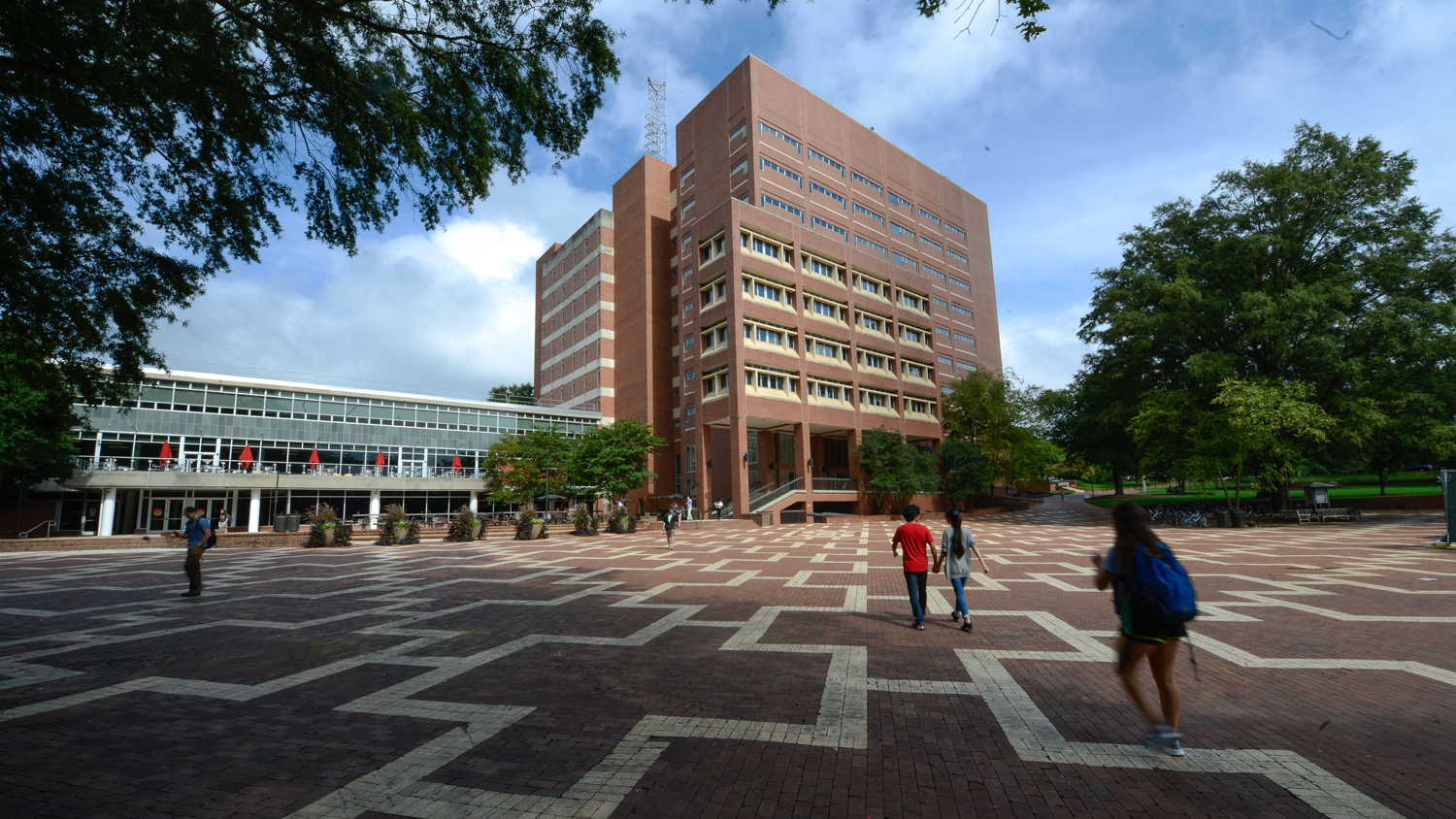
How We Work
We strive to integrate inclusivity, safety and belonging into the fabric of the NC State community. Here’s how we work toward these goals.
Submitting a Report
NOTE: If you are in crisis or have witnessed a crime, do not submit a report. Please call 911 immediately for all emergencies. For non-emergencies, call NC State Police at (919) 515-3000.
If you have been impacted, please submit the online Impact Report Form as soon as possible. Please note that using this form does not replace procedures for filing reports with other university departments or external agencies (i.e. Equal Opportunity, Student Conduct or NC State Police).
When you submit a report, please include the following information:
- the date the incident occurred;
- the location where the incident occurred;
- names of any witnesses;
- detailed account of the incident;
- pictures or any other documents from individuals who have first-hand knowledge of the incident.
Online Reporting Notification
We want to make sure our reporting process is thorough and transparent. Once you complete and submit an online Impact Report Form, an email notification will be sent to the Office of Equal Opportunity. This person will then contact members of the Impact Response Team to discuss incident details and determine appropriate next steps.
Response Examples
When a member of the campus community reports impact, we want to engage in a thorough review process that works to strengthen inclusivity at NC State. Our work throughout this process may result in one or more of the following responses:
- conversation with university leadership;
- restorative circle or conference;
- changes in university policies or procedures;
- statement to the campus community;
- educational programs;
- referral of individual(s) to campus or community resources;
- determination that the occurrence is not an impact incident; or
- bias confirmed;


